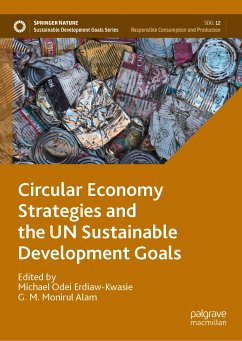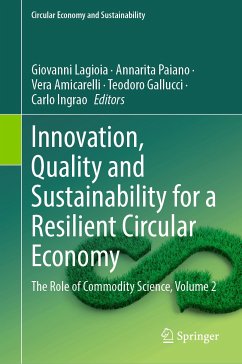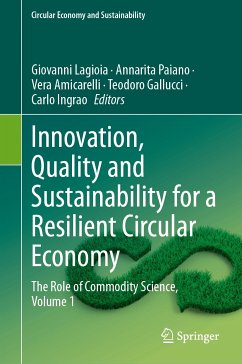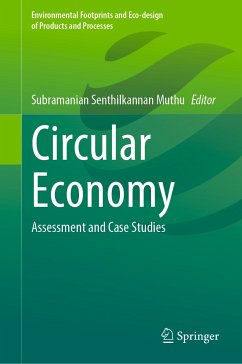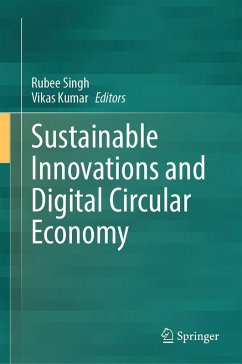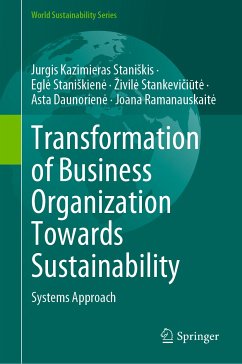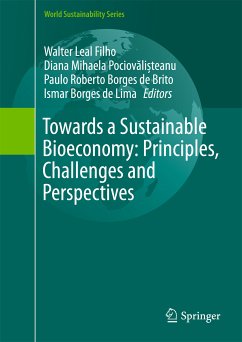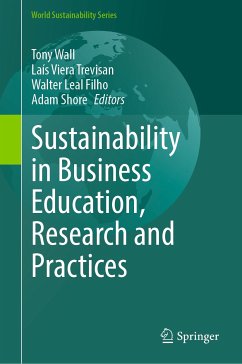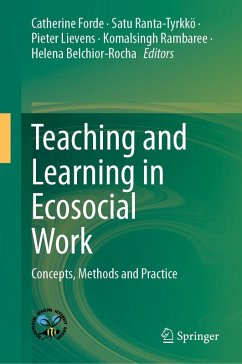
Technical and Technological Solutions Towards a Sustainable Society and Circular Economy (eBook, PDF)
Versandkostenfrei!
Sofort per Download lieferbar
161,95 €
inkl. MwSt.
Weitere Ausgaben:

PAYBACK Punkte
81 °P sammeln!
Resource depletion and ecological risks are more than ever at the heart of societal and economic debates. In the 1970s, the developed countries saw the Fordist growth regime crumble in parallel with the growing awareness of the ecological issue. Since the first industrial revolutions, technological dynamics have been the cause of many environmental problems, and there is a consensus on the diagnosis. Integrated technologies reduce resource use and/or pollution at source by using cleaner production methods. This generally leads to a reduction in the by-products, energy inputs and resources used...
Resource depletion and ecological risks are more than ever at the heart of societal and economic debates. In the 1970s, the developed countries saw the Fordist growth regime crumble in parallel with the growing awareness of the ecological issue. Since the first industrial revolutions, technological dynamics have been the cause of many environmental problems, and there is a consensus on the diagnosis. Integrated technologies reduce resource use and/or pollution at source by using cleaner production methods. This generally leads to a reduction in the by-products, energy inputs and resources used by companies to produce goods.
Integrated production technologies reduce negative environmental impacts at source by substituting or modifying cleaner technologies. Examples of integrated, or cleaner, production technologies are the recirculation of materials, the use of environmentally friendly materials (such as the substitution of water for organic solvents), etc. However, the implementation of integrated production technologies is often hampered by obstacles related to cost, coordination and skill inertia problems and to the productive organisation of companies. In addition to the high investment costs of new integrated technologies, additional barriers may emerge depending on the nature of the environmental problem and the type of environmental regulation in question.
Dieser Download kann aus rechtlichen Gründen nur mit Rechnungsadresse in A, B, BG, CY, CZ, D, DK, EW, E, FIN, F, GR, HR, H, IRL, I, LT, L, LR, M, NL, PL, P, R, S, SLO, SK ausgeliefert werden.



